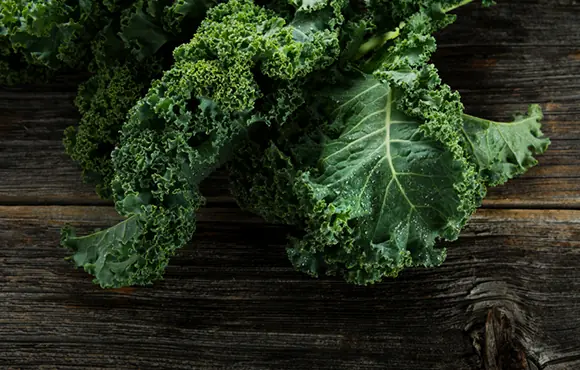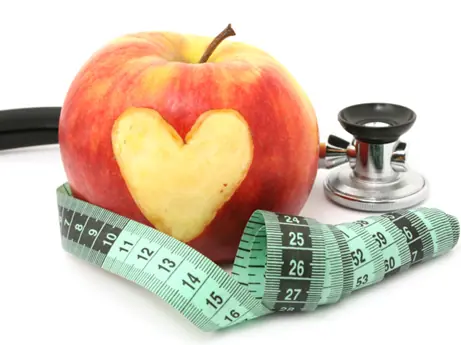The pain can become unbearable, but sore muscles can be soothed without a pill. Before rifling through the medicine cabinet, try these five naturally-occurring vitamins to help speed recovery. Include them in your post-workout meal for optimal—and tasty—results.
Why Am I Sore?
1 of 8
If you've kicked up the intensity of your workout, pushed your long-distance running potential, or strained your arms lifting weights, your muscles may be sore the next day. These changes in your routine cause tiny tears in the muscle fibers and connective tissues. Over time, your muscles will become used to the activity and adapt.
Vitamin C
2 of 8
This powerful antioxidant boosts the production of collagen—connective tissue that helps repair skin tissue, tendons and blood vessels. Vitamin C also helps flush the muscles of lactic acid.
Sources: Citrus fruits, green peppers, red peppers, raspberries, broccoli, sweet potatoes, blueberries, cabbage, cantaloupe, pineapples
Vitamin D
3 of 8
Vitamin D really does the body good. In addition to aiding in the absorption of calcium to build strong muscles and bones, vitamin D helps reduce inflammation and regulate the immune system.
Sources: Fatty fish, liver oils, fortified milk products, fortified cereals, meats, eggs, sunlight
Vitamin E
4 of 8
During strenuous exercise, a protein, creatine phosphokinase—also known as CPK—seeps into the bloodstream. Vitamin E increases blood circulation and helps rid the body of CPK more efficiently. It also protects cells from damage-causing free radicals.
Sources: Sunflower seeds, almonds, fortified cereals, wheat germ, olives, avocados
B Vitamins
5 of 8
The B complex is comprised of eight vitamins, that help the body perform a variety of functions. They ease the breakdown of proteins and carbs, boost muscle repair, and assist with cell development. A lack of B vitamins can increase muscle cramps and aches.
Sources: Legumes, Swiss chard, kale, dates, pomegranates, squashes, salmon, dairy, whole grains
Vitamin A
6 of 8
Vitamin A is known for its vision-boosting powers, but from a recovery standpoint, it helps the immune sysmtem and major organs function properly.
Sources: Organ meats (high in cholesterol so limit consumption), salmon, dairy, pumpkin, cantaloupe, carrots, apricots
Get ACTIVE on the Go


Couch to 5K®
The best way to get new runners off the couch and across the finish line of their first 5K.
Available for iOS | Android






Discuss This Article